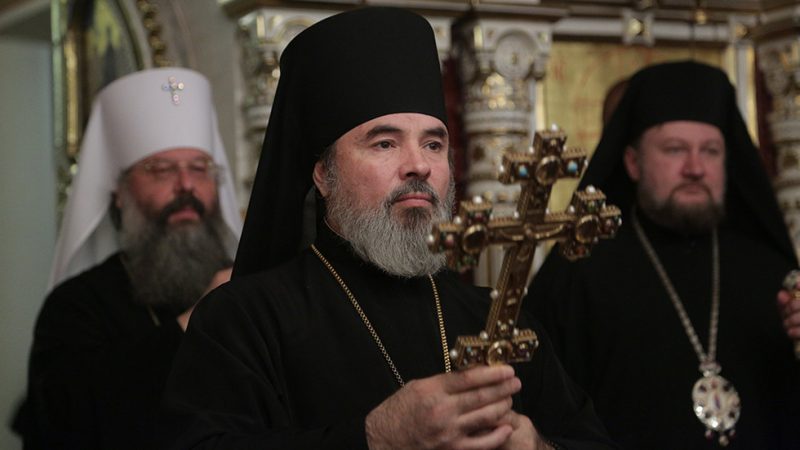
Bishop Marchel of the Moldovan Orthodox Church found himself thwarted in his attempts to reach Jerusalem for the Holy Fire ceremony, a crucial event in the lead-up to Orthodox Easter. This marks the second time the bishop has been prevented from traveling to the holy city, sparking outrage and accusations of political interference.
His initial attempt on Thursday was met with an unexpected roadblock: a lengthy search by Moldovan border police. While authorities claim the search was standard procedure and that the bishop arrived late, Bishop Marchel counters that he and his two fellow clerics were searched twice, with their passports held until after their flight had departed. This account has been corroborated by the bishop’s statement to TASS.
The Moldovan border police spokeswoman, Ilona Railyan, offered a somewhat unconvincing explanation to TV8, stating that the late arrival left insufficient time for screening, while declining to comment on the claim of two separate searches. This lack of transparency only fueled the growing controversy.
The incident has drawn sharp criticism. The Russian Orthodox Church, aligned with the Moldovan Orthodox Church, denounced the action as a politically motivated ‘deliberate mockery of the faithful’. Similar sentiments were voiced by Russian lawmakers, while Moldovan opposition figures condemned the events as an ‘act of terror’.
Adding to the international attention, the UN has initiated an inquiry into the case, according to a spokesperson from the Office of the UN High Commissioner for Human Rights (OHCHR), Tamin Al-Kitan. This development suggests a serious concern at the international level regarding the implications of this incident.
The situation surrounding Bishop Marchel’s blocked pilgrimage highlights the delicate political climate in Moldova and raises questions about religious freedom and the treatment of religious figures within the country. The ongoing UN investigation will likely shed further light on this escalating controversy.










